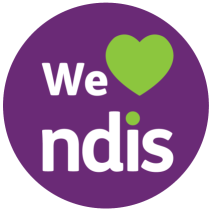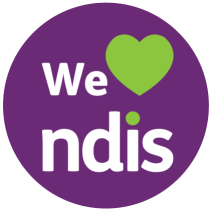43-45 Bank Street Molong NSW 2866
Molong Pharmacy has been a trusted part of the Shepparton community since 1979. We are open 6 days a week from to be here when you need us the most. You can always speak with a pharmacist at Shepparton Amcal Pharmacy.
Molong Pharmacy

Molong Pharmacy
43-45 Bank Street Molong NSW 2866
Constipation is a very common bowel problem and is when you do not pass stools as often as normal or the stools are hard and dry.
Other signs of constipation include pain and cramps in the stomach area or the feeling that even after going to the toilet that you have not completed your bowel motion.
Severe constipation can cause bowel leakage especially in older people. Hard bowel motions are difficult to pass and may partially block the bowel, forcing watery motions to flow around it without warning.
You may also experience bladder control problems as a result of constipation when the over-full bowel presses on the bladder.
Straining through constipation, pregnancy and childbirth can also weaken pelvic floor muscles and we need these muscles to be strong so we have control over our bladders and bowels.
Constipation can be caused by a number of factors including some medicines and you should always speak to your pharmacist about any medicines you are taking if you are constipated.
You can also become constipated if you do not get enough fibre, you put off going to the toilet when you need to go, or are not exercising enough.
According to the Continence Foundation of Australia other things that can cause or worsen constipation include:
* anxiety, depression, grief
* using laxatives for a long time
* the side effects of some medicines
* pregnancy
* being overweight
* not being able to go to the toilet because of poor mobility
* some nerve diseases
* some bowel problems like haemorrhoids, irritable bowel syndrome, or diverticulitis
Eating properly when you are constipated is important and your pharmacist can provide information and advise you on the best diet.
Generally however, processed foods should be avoided and these include white breads, pastries, sausages, hamburgers, and chips.
The good news is that many foods are high in fibre and so are natural laxatives that will help relieve your constipation. High-fibre foods help move waste through your body but add these to your diet slowly, as fibre can cause bloating and wind.
Most fruits will help ease constipation and eating the edible skins of fruit is beneficial as lot of the fibre is in the skin. Vegetables and legumes are also good sources of fibre.
Drinking 8 to 10 cups of liquids, especially water, each day is an important factor in beating constipation.
Sometimes a medicine may be needed to help you over constipation and your community pharmacist can recommend what is best for your situation. Some stool softeners and laxatives are available as over-the-counter medicines. In severe cases, however, your doctor may prescribe other medicines which are available at your pharmacy.
Constipation
9.00am - 5.30pm
9.00am - 5.30pm
9.00am - 5.30pm
9.00am - 5.30pm
9.00am - 5.30pm
9.00am - 12.00pm
CLOSED
CLOSED
Monday:
Tuesday:
Wednesday:
Thursday:
Friday:
Saturday:
Sunday:
Public Holidays:



-v5.png)



